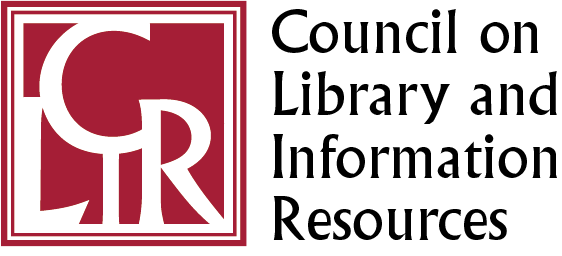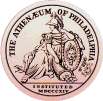Metadata
Title
Gilbert Tennent sermons 16, "De Federe operum," (On the covenant of works), 1744
Date
1744/1758
Digital Identifier
PHS.TennentSermons016
Description
Gilbert Tennent (1703-1764) was an Irish-American Presbyterian clergyman, and one of the leaders of the Great Awakening.
Tennent wrote this sermon about the covenant God made with Adam, and notes the following Bible verse on page 1: Genesis 2:16-17, "And the Lord God commanded the man, saying, Of every tree of the garden thou mayest freely eat: But of the tree of the knowledge of good and evil, thou shalt not eat of it: for in the day that thou eatest thereof thou shalt surely die."
Tennent presents a very detailed explication of the covenant of works that God made with Adam not to eat of the tree of the knowledge of good and evil. In disobeying, Adam, as the first man, introduced sin and death into the world for himself and for all people thereafter. The Second Adam, Christ, also as one man, brings redemption from sin and death for all believers, and shows the continued willingness of the almighty to once again make a covenant with man, even so much lesser and ungrateful a partner. The power of covenants, according to Tennent, extends down the generations.
From dates noted on the manuscript, it appears Tennent wrote the sermon in 1744, and delivered it again in 1747, 1751, and 1758.
Tennet's sermon "De federe nature (On the nature of the covenant)" follows this one.
Tennent wrote this sermon about the covenant God made with Adam, and notes the following Bible verse on page 1: Genesis 2:16-17, "And the Lord God commanded the man, saying, Of every tree of the garden thou mayest freely eat: But of the tree of the knowledge of good and evil, thou shalt not eat of it: for in the day that thou eatest thereof thou shalt surely die."
Tennent presents a very detailed explication of the covenant of works that God made with Adam not to eat of the tree of the knowledge of good and evil. In disobeying, Adam, as the first man, introduced sin and death into the world for himself and for all people thereafter. The Second Adam, Christ, also as one man, brings redemption from sin and death for all believers, and shows the continued willingness of the almighty to once again make a covenant with man, even so much lesser and ungrateful a partner. The power of covenants, according to Tennent, extends down the generations.
From dates noted on the manuscript, it appears Tennent wrote the sermon in 1744, and delivered it again in 1747, 1751, and 1758.
Tennet's sermon "De federe nature (On the nature of the covenant)" follows this one.
Subject
Place
Pennsylvania--Philadelphia
Congregation
Second Presbyterian Church, Philadelphia, PA
Holding Institution
Presbyterian Historical Society
Extent
18 pages
Format (Digital)
tiff
Rights
http://creativecommons.org/publicdomain/mark/1.0/
Language
eng
Type
Text
IIIF Manifest
https://www.philageohistory.org/rdic-images/iiif.cfm/PHS.TennentSermons016/manifest






